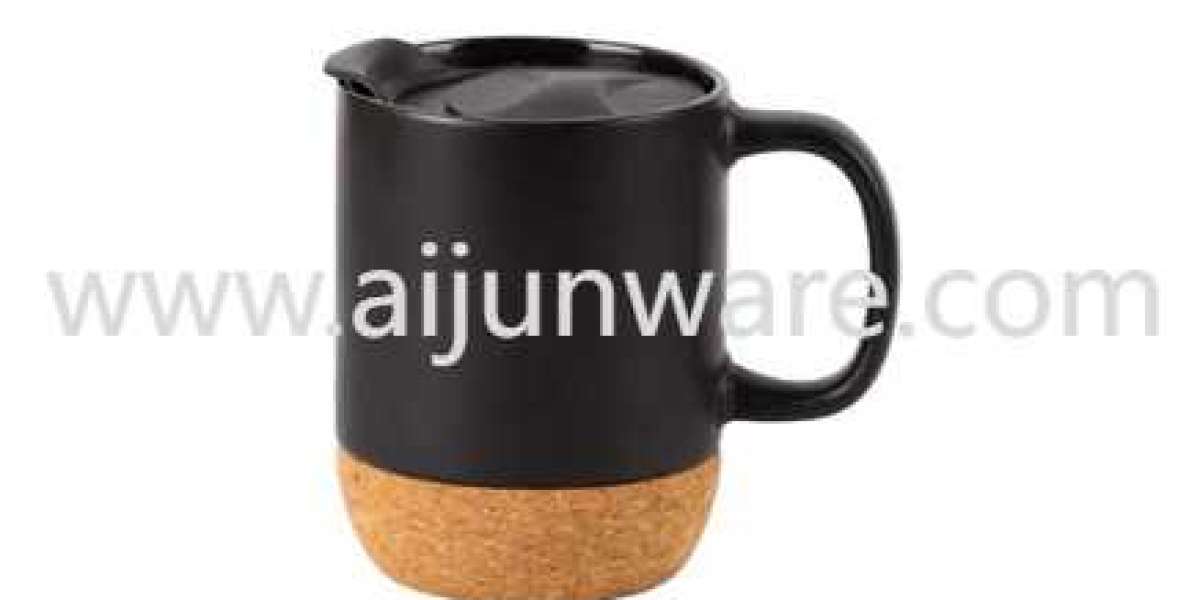The US Barcode Label Printer Market is witnessing rapid growth as businesses increasingly adopt automated labeling solutions for inventory management, logistics, retail, and healthcare applications. Barcode label printers provide accurate, high-speed printing of labels, ensuring streamlined operations, reduced errors, and enhanced traceability across supply chains. The rising demand for smart inventory management and real-time tracking systems is fueling the market growth in the US.
Key Drivers of Market Growth
The US barcode label printer market is driven by the need for efficiency, accuracy, and speed in labeling operations. Retailers, e-commerce platforms, and manufacturing units rely on barcode printers to manage inventory, track shipments, and facilitate seamless transactions. Additionally, the increasing adoption of IoT and smart warehouse systems is boosting demand for advanced labeling solutions.
Integration with related markets strengthens growth potential. For example, the Industrial Safety Market benefits from barcode printers in labeling hazardous materials, safety instructions, and compliance signage. Likewise, the Digital Pen Market complements barcode printing solutions by enabling electronic record-keeping, signature capture, and verification processes, creating a cohesive workflow in industrial and commercial environments.
Technological Advancements
Technological innovation is a key driver of the US barcode label printer market. Modern printers feature high-resolution printing, wireless connectivity, and compatibility with various label materials. Thermal transfer and direct thermal printing technologies are widely used, offering durability and clarity for labels under diverse environmental conditions.
Advancements include mobile and handheld barcode printers, which provide flexibility for on-site printing in warehouses, retail stores, and field operations. Integration with cloud-based inventory management and ERP systems ensures real-time updates, reducing errors and improving operational efficiency.
Applications Across Industries
Barcode label printers find extensive applications across multiple sectors. In retail, they support product labeling, price tagging, and inventory management. Healthcare facilities use barcode printers for patient identification, medication tracking, and lab sample management. Manufacturing and logistics industries employ these printers for asset tracking, shipping labels, and compliance tagging.
Integration with the Industrial Safety Market ensures proper labeling of safety-critical equipment, chemical containers, and hazard warnings. Meanwhile, integration with the Digital Pen Market enhances workflow efficiency by enabling digital capture of handwritten records linked to printed labels.
Challenges and Market Opportunities
The market faces challenges such as high initial investment costs, maintenance requirements, and compatibility issues with older systems. However, the growing demand for automation, smart labeling solutions, and compliance with regulatory standards presents significant opportunities. Manufacturers focusing on energy-efficient, mobile-compatible, and high-speed printers are likely to gain a competitive advantage.








